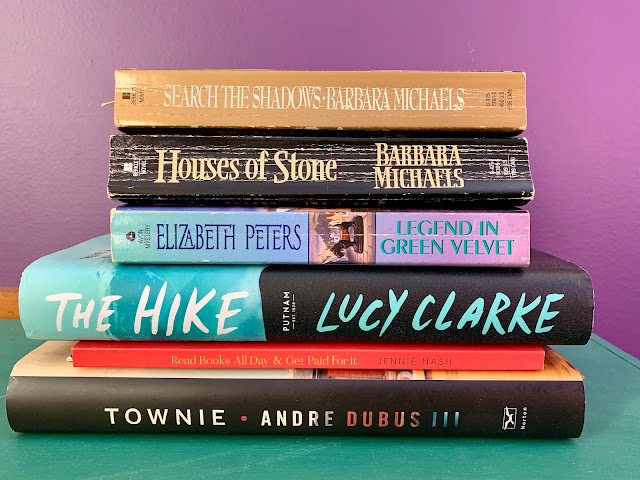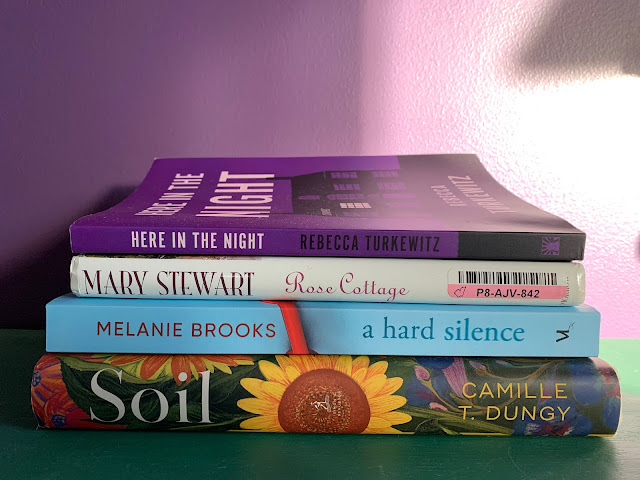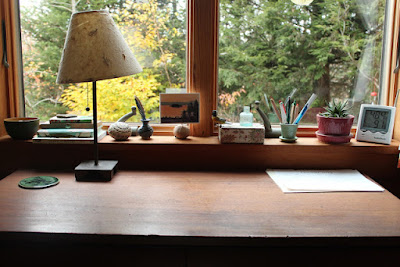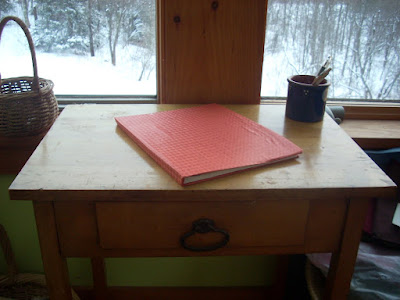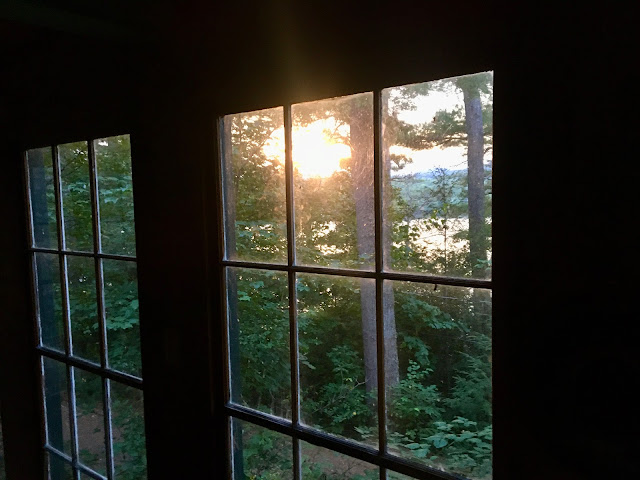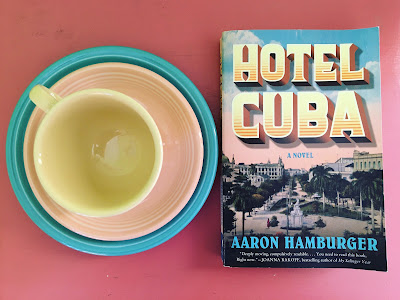Mountains steep as church spires. Ancient mosaics. Streams of crystal-clear water running over chalk-white rock. A Roman emperor's basement. Twisting Medieval streets. Folk-art beehives. A bomb shelter. Opal-blue lakes. Saint's reliquaries. Deep, underground caves. Bullet holes and mortar craters. Cities the color of sherbet. Butterflies. Lizards. Storks. Swifts. Seas of red roof tiles. A sea of turquoise water. A sea of humanity.
These are just a few of the things we experienced during three weeks in Slovenia and Croatia this month. C and I wanted to take a big trip to celebrate all three kids graduating and *big* birthdays for both of us this year, and we've always wanted to travel to Europe (among other places) as a family, but the timing and the finances had never aligned. With all the fledglings perched to fly out of the nest, it felt like now or never. To make the trip happen we cobbled together our savings, sold some building equipment, and gratefully accepted support from relatives.
Our choice of destination came as a bit of a surprise--both to ourselves and to those we told about it--but after consulting a well-traveled relative and watching several episodes of Rick Steves, we concluded that the the two countries would provide exactly the kind of trip we wanted to experience: a mix of nature and culture, mountains and seashore, caves and church spires, art and architecture, and both deep and recent history. I also had a family connection--a grandfather who came from Slovenia--which added a bit of a personal journey element to the trip for me.
Slovenia felt in many ways like coming home for me--the spectacular Julian alps were not that far different than my own Colorado Rockies and the forested lowlands were every bit as green as Maine. Beyond those similarities, it was a completely different world, as clean, organized, and well-run as an imaginary land. I never saw a pothole, nor hardly a scrap of litter. Every house was charmingly built, in white or cream or pale green or yellow stucco, with a red-tiled roof, wide overhangs, and second-story balconies with decorative railings adorned with geraniums. And the houses stood in neat little villages, rather than sprawling over every inch of countryside the way they do here.The capital city, Ljubljana, is a fairyland of beautifully designed art-nouveau-style buildings, where even in the outskirts, modern skyscrapers and old communist-era apartment blocks manage to look attractive. Even industrial yards and junk piles behind farmsteads looked tidy. The people we met were friendly and kind, and the cake was amazing.
In Croatia we moved into a much more populous, much more Mediterranean land, where long arm of history exerted a greater influence and left a far less orderly imprint on the ground. Over two weeks, we wound our way up and down the stone staircases of ancient, fortified cities on the coast, visiting Roman ruins and Gothic churches. The white-hot sun beat down out of a white-blue sky and bounced back on us from the limestone walls and earth, and we sought relief in Euro-style lemonade (water with pure lemon juice; no sugar, little ice) and the Adriatic, its water a mystical aqua-blue, where, with little in the way of beaches and even less in tides, you swim off of rocks that you wouldn't dream of going near in Maine for fear of being dashed to death by the waves.
What struck me on my only previous trip to Europe--ten days in Ireland ten years ago--was the way the Medieval walls and Georgian townhouses and modern buildings were woven together into a tapestry that demonstrated that time is a continuum and we are part of history. This continuum was even more pronounced in Croatia, where in Pula a Roman amphitheater still stands among the walls of a modern, industrial city, in Split, where tourists throng through the cobbled streets of a town built by Medieval refugees within the abandoned walls of a Roman emperor's retirement palace, and in countless other towns along the Adriatic coast, where magnets and shot glasses and linen dresses are hawked from the tiny first-floor shops of the towering stone or stucco buildings from which, long ago, merchants sold bread or flax, indulgences or tinctures.
It's not hard to imagine the same steep, narrow, stone-paved streets, now thronged with tourists, instead surging with donkeys, unwashed humans, rotting produce, and waste. Here in the US we tend to keep history separate from life. We might visit Gettysburg or the Liberty Bell, but rarely is our past so starkly woven into our present. And what a history--the outer wall of Dubrovnik, the Grič tunnel of Zagreb, the forts and fortifications, all play the same role, a (often vain) attempt to protect the place, and the people, from invaders. This part of the world sits at a crossroads: between west and east, north and south. It's been battled over by the Illyrians, the Romans, the Slavs, the Ottomans, the Austrians, the Hungarians, the Venetians, among others, and, most recently, by the individual republics that made up the former Yugoslavia. You can see the signs of this latest war in the rebuilt tile roofs of Dubrovnik, where armies of Serbia and Montenegro aimed for the country's cultural history (and, across the border in Bosnia and Herzegovina, at the rebuilt Old Bridge in Mostar, where Croatian army did the same).
Despite this long, hard history, which you might expect to leave the residents bitter or careworn, we met many delightful people throughout our journey: the proprietor of the tourist farm where we stayed our first four days in Slovenia and his family; a boy who guided us to our apartment in Koper; another young man who did the same in Zagreb; the hosts of several of our apartments who went out of their way to make our stay comfortable; many of the waiters in the restaurants we ate in (most of whom took great delight in joking with us and in our attempts at "hello" and "thank you"--which was the extent of our language acquisition); the woman behind the desk at the modern art museum in Dubrovnik, with whom I bonded over being a mother of three sons, including twins.
When it came time to prepare to come home, I didn't want to leave. I was exhausted by the heat and the many miles of stone stairs we climbed every day, and I really wouldn't have minded eating a few vegetables and drinking a tall glass of ice-cold well water. But I wasn't ready to break up the family party--M would be staying behind to travel for a few additional weeks, and, after we got home, the twins would be back to their self-contained ways. I was enjoying us all being together. I also wasn't ready to give up having new and interesting places to go and sights to see every day. Somebody said the sign of a successful vacation is when you're ready to go home at the end, but for me I think it's never wanting it to end.




